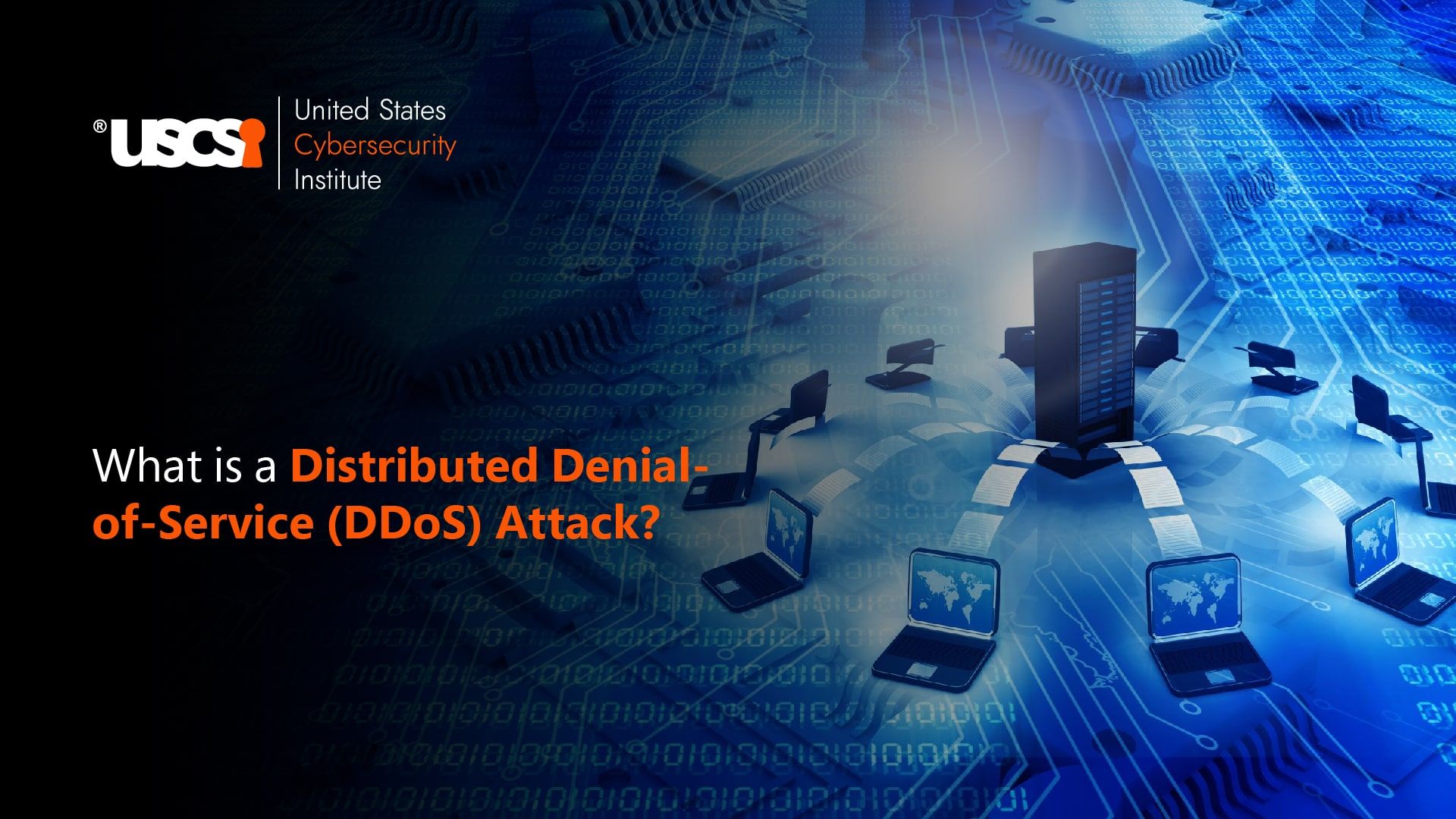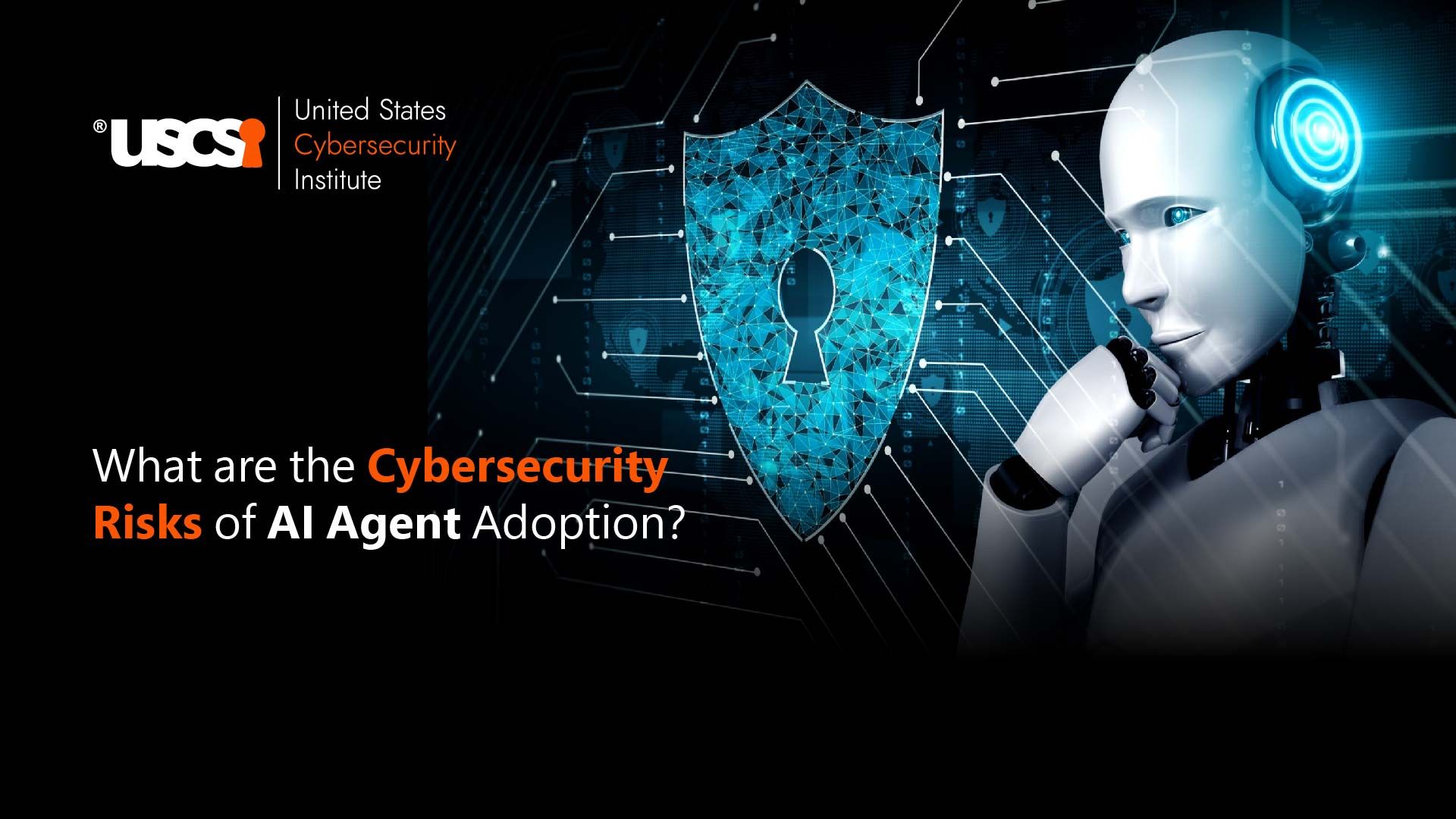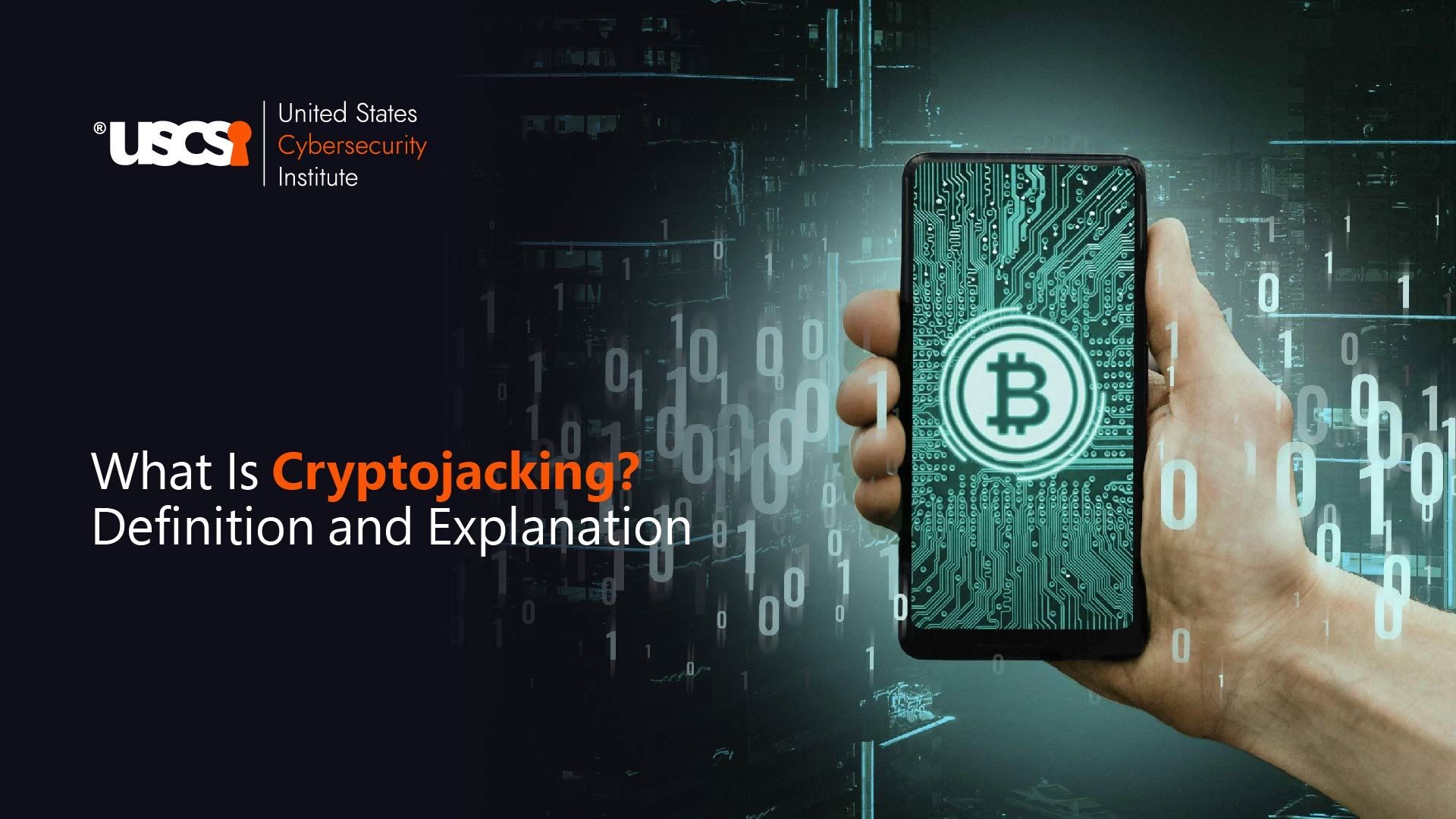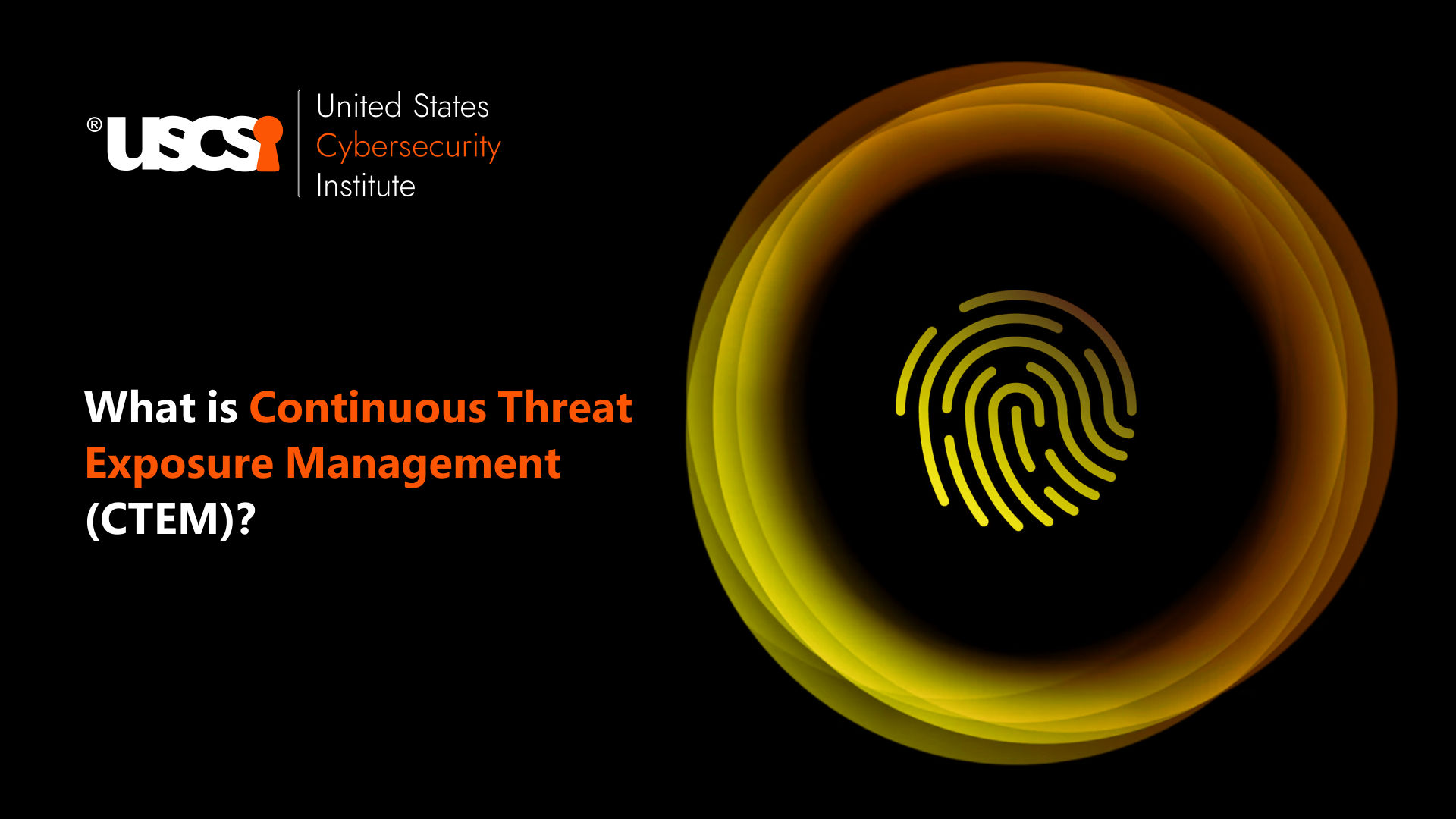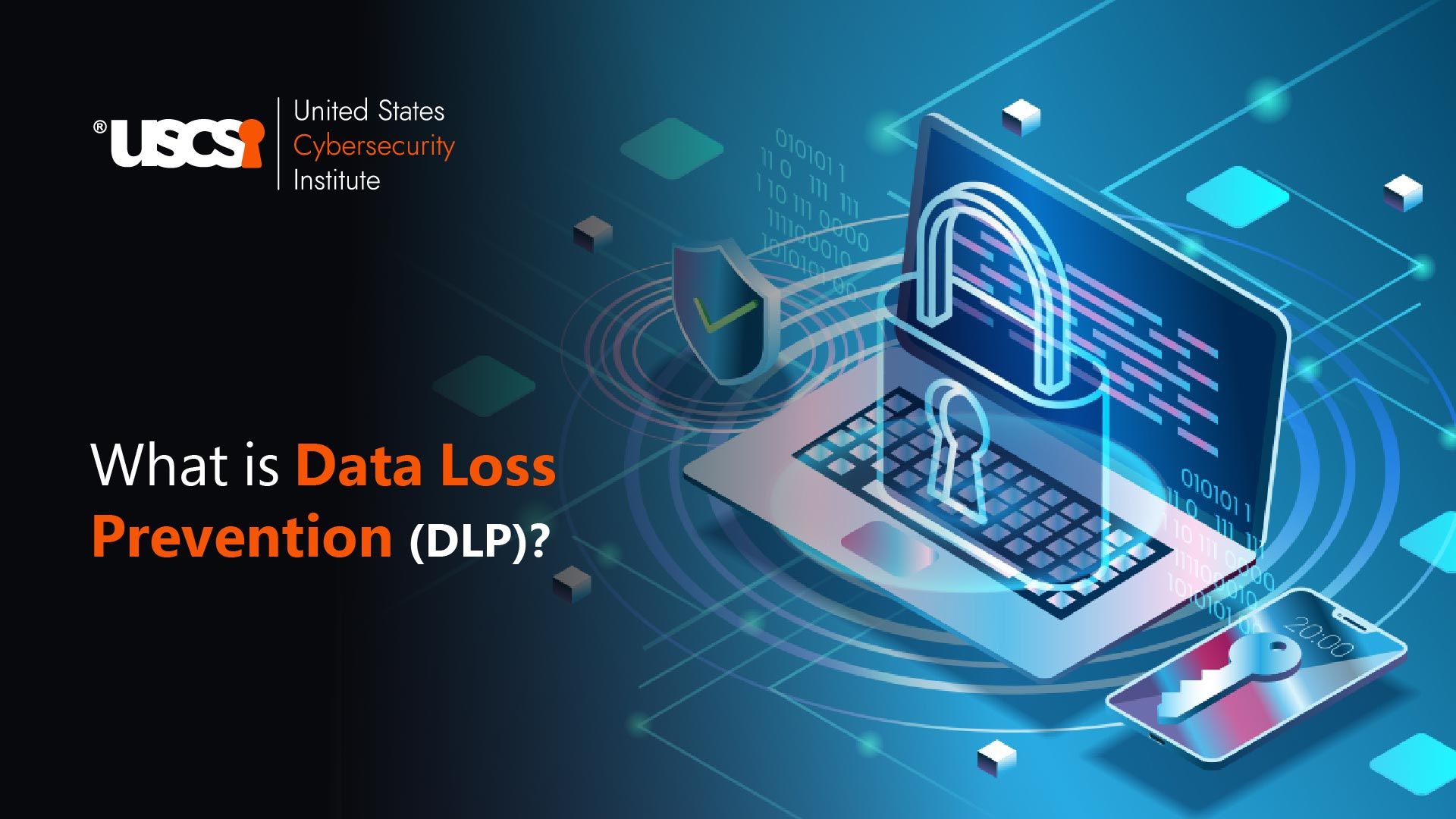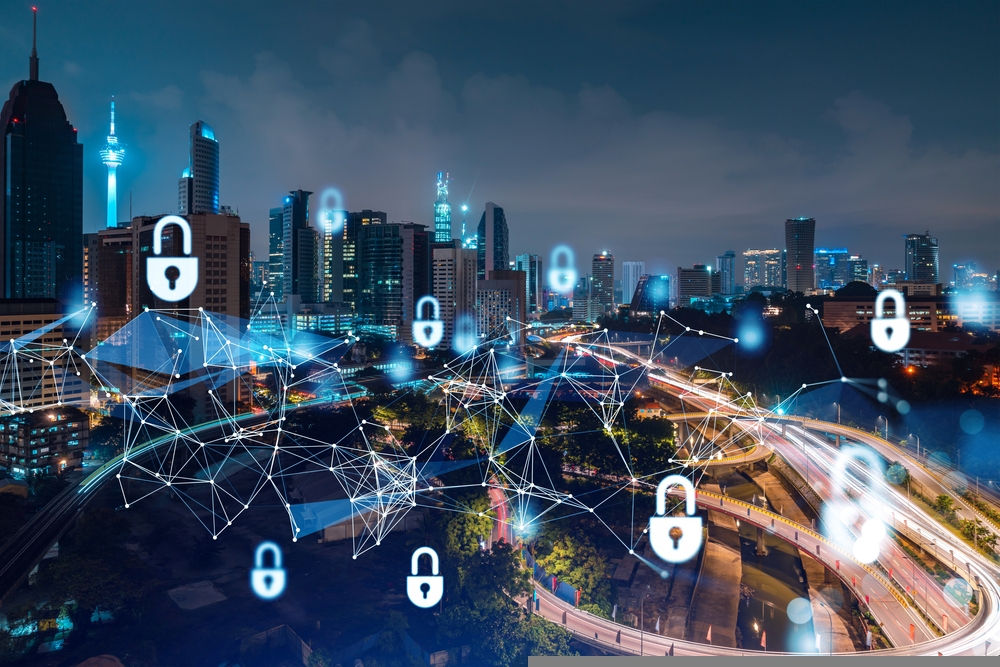

Top 11 Strategies to Strengthen Your Company's Cyber Guard
Astra Security reveals that there are 2200 cyberattacks per day, with an attack happening every 39 seconds on average. With increasingly sophisticated threats, organizations must take a proactive security stance. They can leverage the expertise of cybersecurity professionals to safeguard your assets and customer data effectively.
Listed below are the 11 powerful practices that are capable of countering cyberattacks in your organization:
1. Develop a Comprehensive Cybersecurity Strategy
An elaborate cybersecurity strategy must prioritize your to-do list while protecting your organization from cyberattacks. Tap into the expertise of professionals who excel in identifying vulnerabilities and prioritizing critical risks.
- Assess Your Current Security Posture- Indulge in a detailed examination and technical audit of the overall security system, including network, software, and hardware, and review your policies, procedures, and staff training.
- Set Clear Objectives and KPIs- Take advantage of key performance indicators (KPIs) and include clear goals and objectives in your Cybersecurity Strategy.
2. Robust Security Policies Implementation
A robust cybersecurity framework relies on well-defined policies and procedures that govern the behavior of your employees and the operation of your technology infrastructure.
- Access Control Policies- Enforce stringent policies to monitor who can access your sensitive data and systems and the procedures for granting and revoking that access.
- Incident Response Plan- A well-structured incident response plan must outline the roles and responsibilities of your cybersecurity team, also steps that should be taken to contain, investigate, and recover from a security incident.
3. Workforce Training
Reinforce your employees with the best cybersecurity skills through training, as they can be the weakest link in breaching the organization's security posture.
- Cybersecurity Awareness Training- Provide ongoing security awareness training for your employees, including recognizing phishing attempts, the role of strong passwords, and best practices for handling sensitive data.
- Role-Specific Training- Specialized training must be given to specific employees; such as IT professionals must be empowered with the best cyber security certifications to become proficient in cyber security skills and ways to counter cyber threats.
4. Secure Your Network Infrastructure
Safeguarding your network infrastructure proves to be a crucial point in strengthening your cyber security defenses.
- Segment Your Network- Deploy firewalls and virtual local area networks (VLANs) to segment your network, establishing separate zones to enhance security and control.
- Encrypt Data in Transit and at Rest- Data encryption is crucial for protecting sensitive information from unauthorized access.
5. Implement Strong Access Controls
The importance of complete access controls cannot be overstated, as they are a fundamental component of your organization's security posture.
- Multi-Factor Authentication- Providing two or more forms of identification before accessing your systems can significantly reduce the risk of unauthorized access due to stolen or compromised credentials.
- Review and Update User Access Rights- Timely review of user access rights ensures that they are appropriate for each employee's role; thereby preventing unauthorized access.
6. Keep Software and Hardware Up-to-date
Outdated software and hardware can introduce vulnerabilities into your environment, making it easier for cybercriminals to access your systems.
- Patch Management- Implement a robust patch management process to apply all software and firmware updates promptly. Regularly check for updates and prioritize patches for known security vulnerabilities.
- Hardware Lifecycle Management- Replace outdated hardware with newer, more secure models to minimize potential vulnerabilities.
7. Monitor and Respond to Security Incidents
Detecting and responding to security incidents quickly can help minimize the damage caused by a cyberattack.
- Security Information and Event Management (SIEM)- This will help you identify potential threats and respond to them more effectively.
- Incident Response Team- Establish a dedicated incident response team of cybersecurity experts with the necessary skills to contain, investigate, and remediate security incidents.
8. Security Measures Assessments
Regular testing and assessment of your security measures can help you identify weaknesses and ensure that your defenses are adequate.
- Vulnerability Assessments- Conduct regular vulnerability assessments to identify potential security flaws in your network, software, and hardware.
- Penetration Testing- Engage cybersecurity experts to perform penetration testing, simulating real-world cyberattacks to assess the effectiveness of your security measures.
9. Foster a Culture of Cybersecurity
Developing a strong cybersecurity culture within your organization can reinforce the importance of security and encourage employees to protect your assets actively.
- Leadership Buy-In- Ensure that your organization's leadership is committed to cybersecurity, setting the tone for the rest of the company, and providing the necessary resources to support your security initiatives.
- Open Communication- Encourage open communication about security issues and concerns, allowing employees to report potential threats without fear of retaliation.
10. Cybersecurity Posture Enhancements
Cybersecurity is an ongoing process, and it is important to continually refine your approach based on new information and changing circumstances.
- Regularly Review and Update Your Security Strategy- As part of your ongoing commitment to cybersecurity, regularly review and update your security strategy to ensure it remains relevant and practical.
- Invest in Workforce- Continuously invest in your employees' cybersecurity skills, providing opportunities to acquire the best cybersecurity certifications and stay up-to-date with the latest trends and technologies.
11. Engage External Cybersecurity Experts
Lastly, consider engaging external cybersecurity experts to supplement your internal resources and provide an objective perspective on your security posture.
- Third-Party Security Assessments- Regularly engage third-party cybersecurity experts to conduct independent security assessments. This can help you identify potential weaknesses and validate the effectiveness of your security measures.
- Managed Security Services- Teaming up with a reliable and managed security services provider (MSSP) to acquire specialized cybersecurity skills and resources that may not be available in-house can be a thoughtful idea to protect the organization from cyberattacks.
Final Word
It is always essential to safeguard your work domain from sophisticated cyberattacks. This process demands Ongoing watchfulness and a proactive mindset regarding security.

